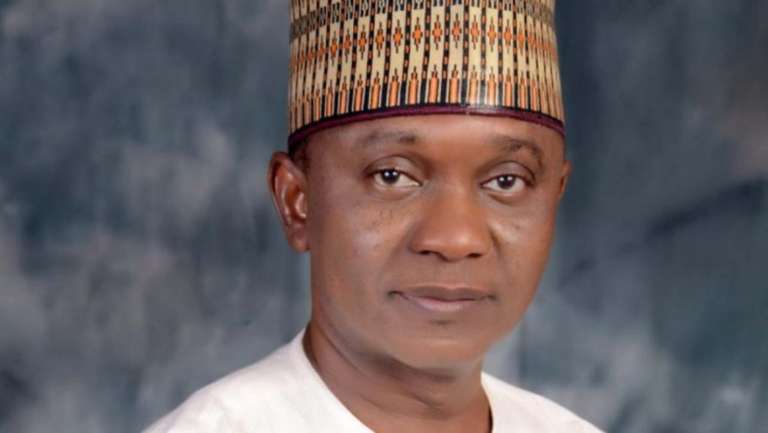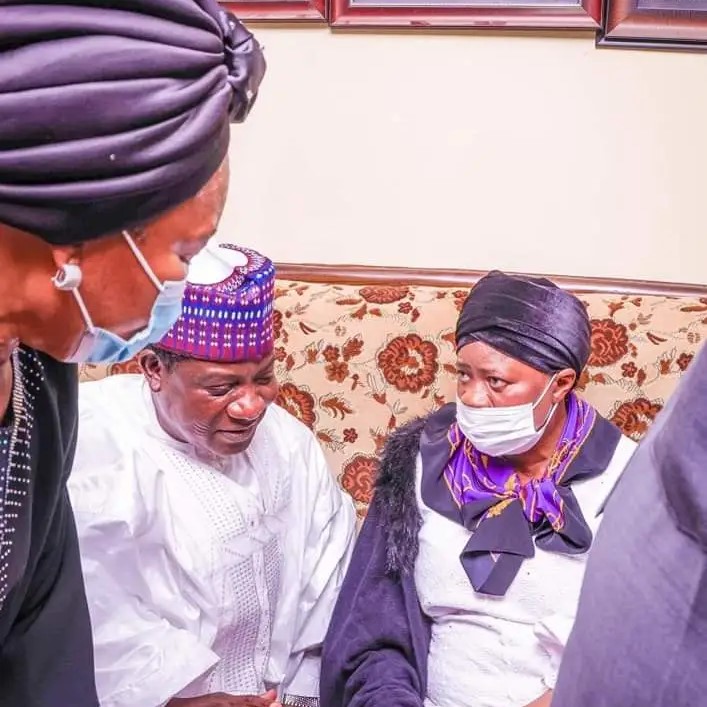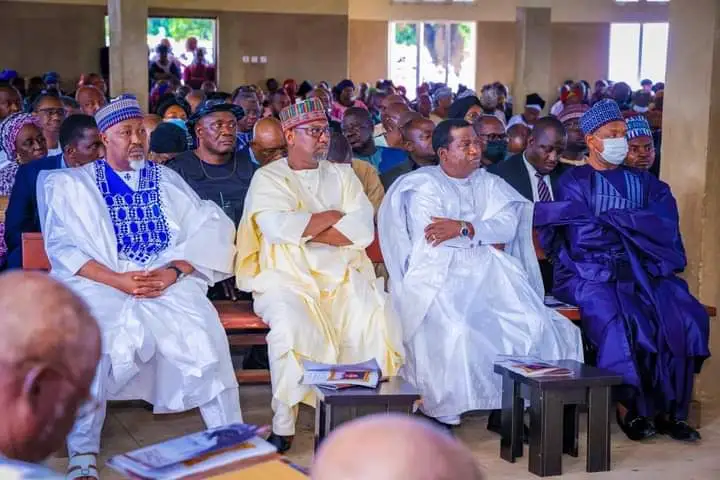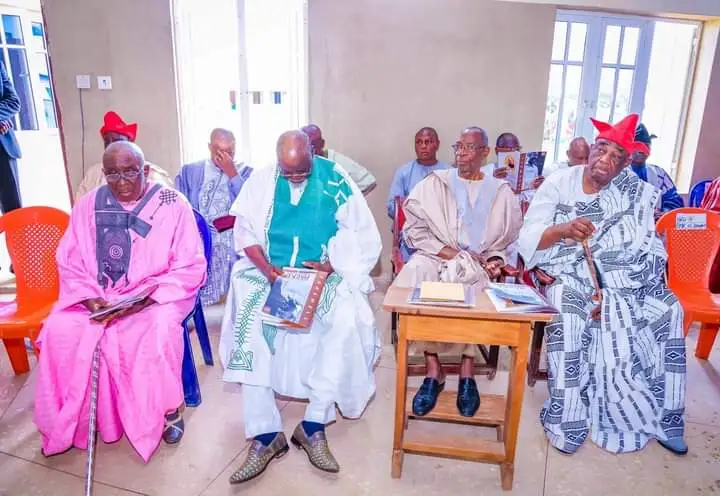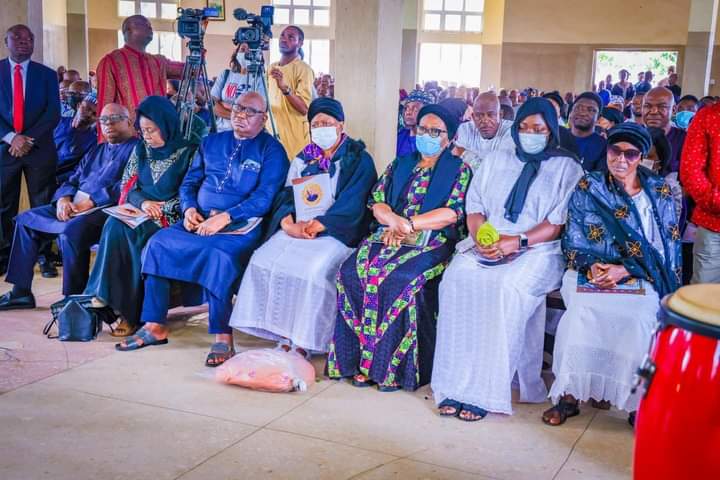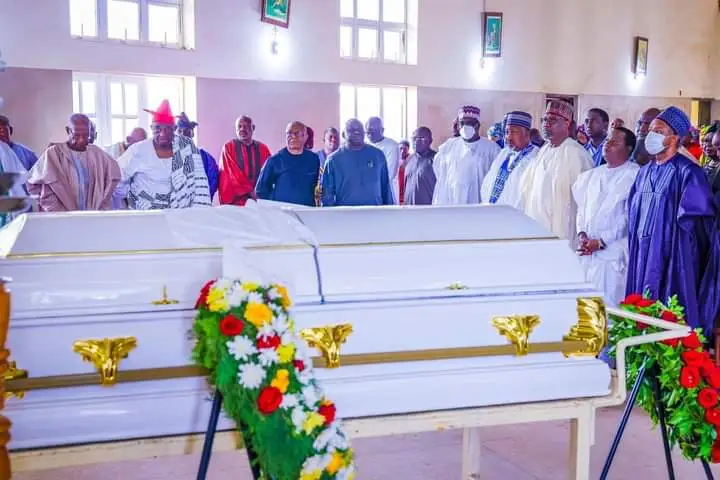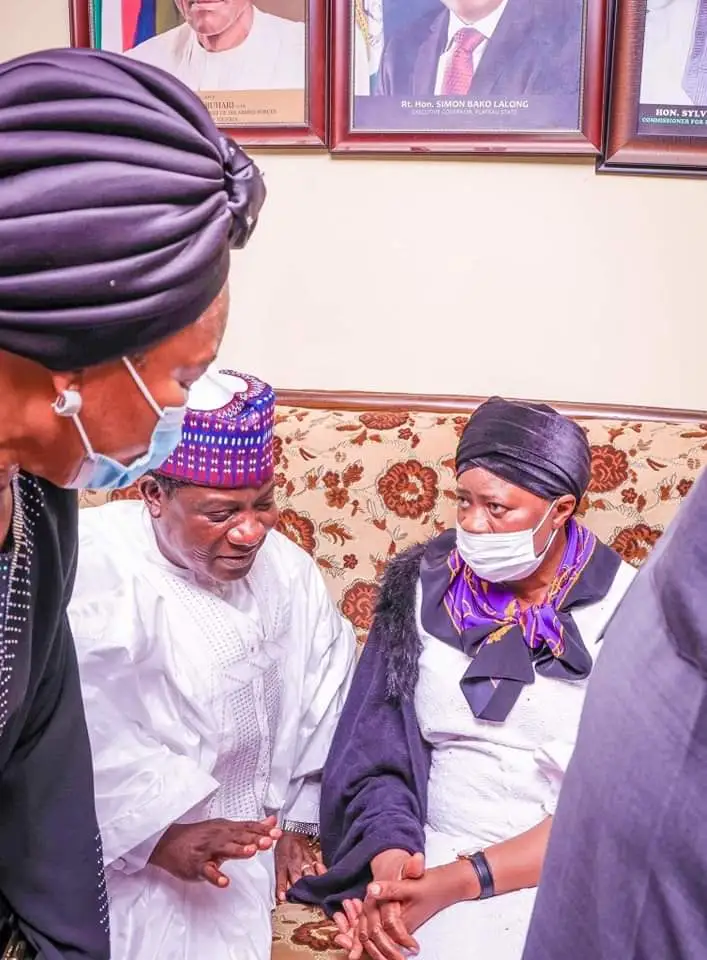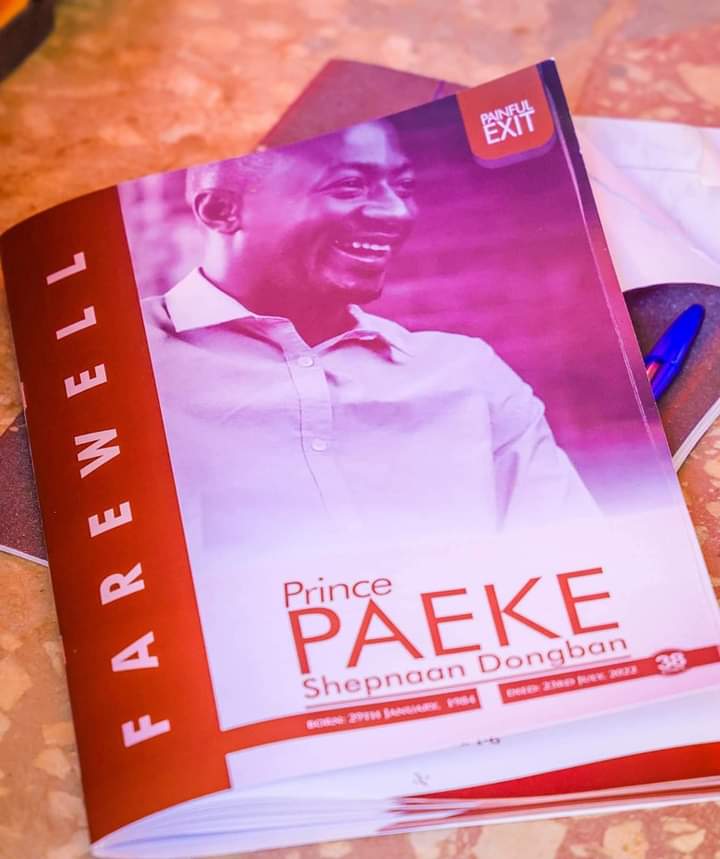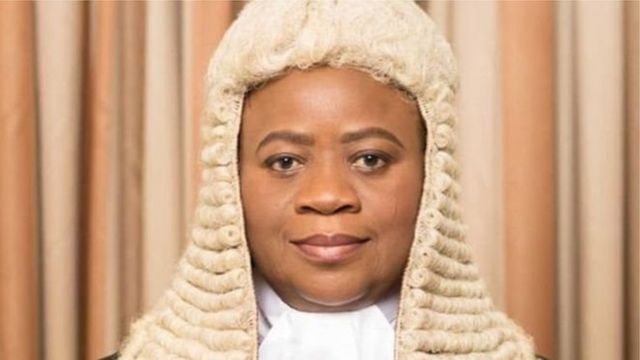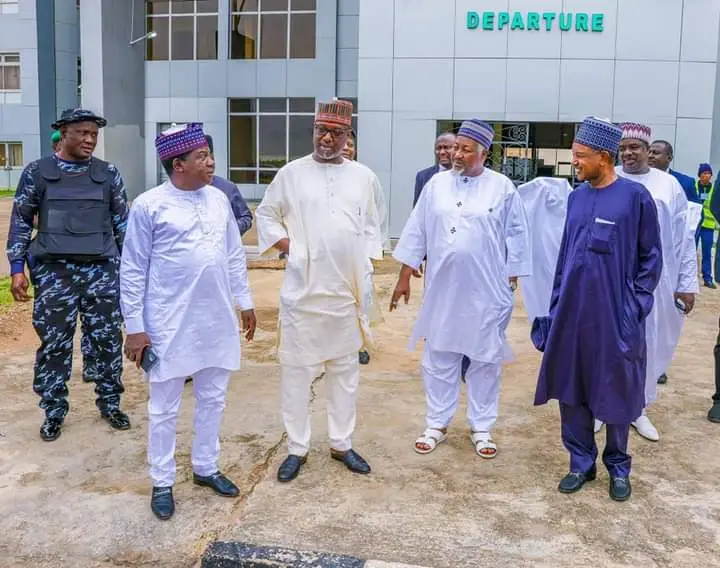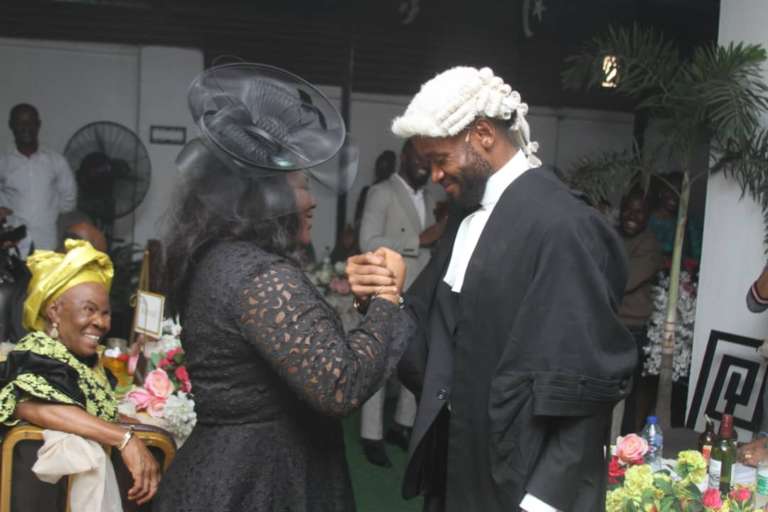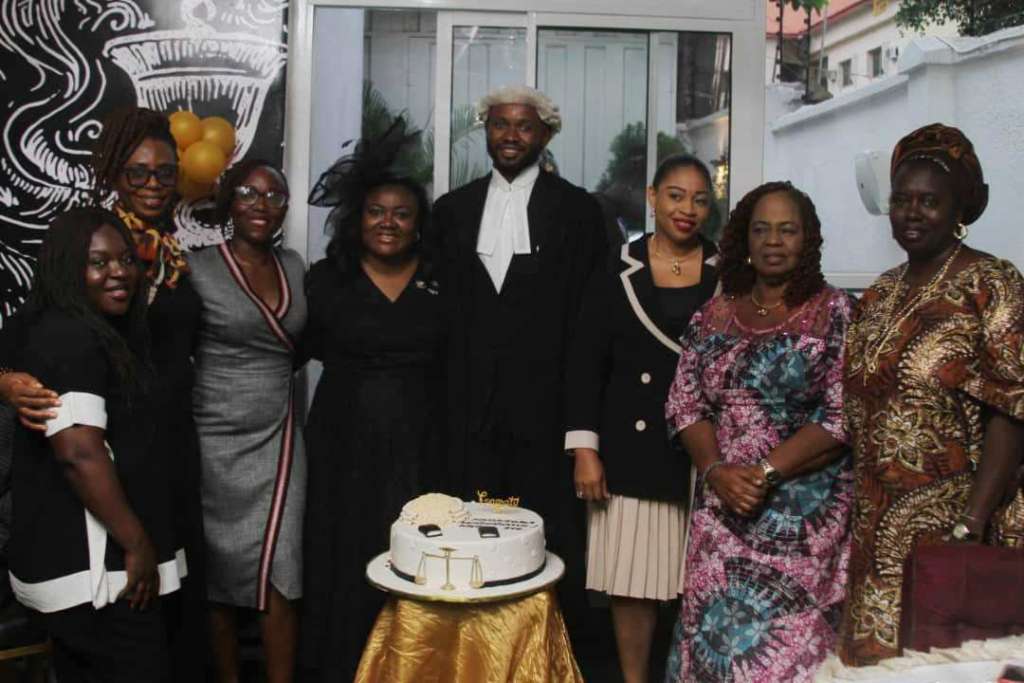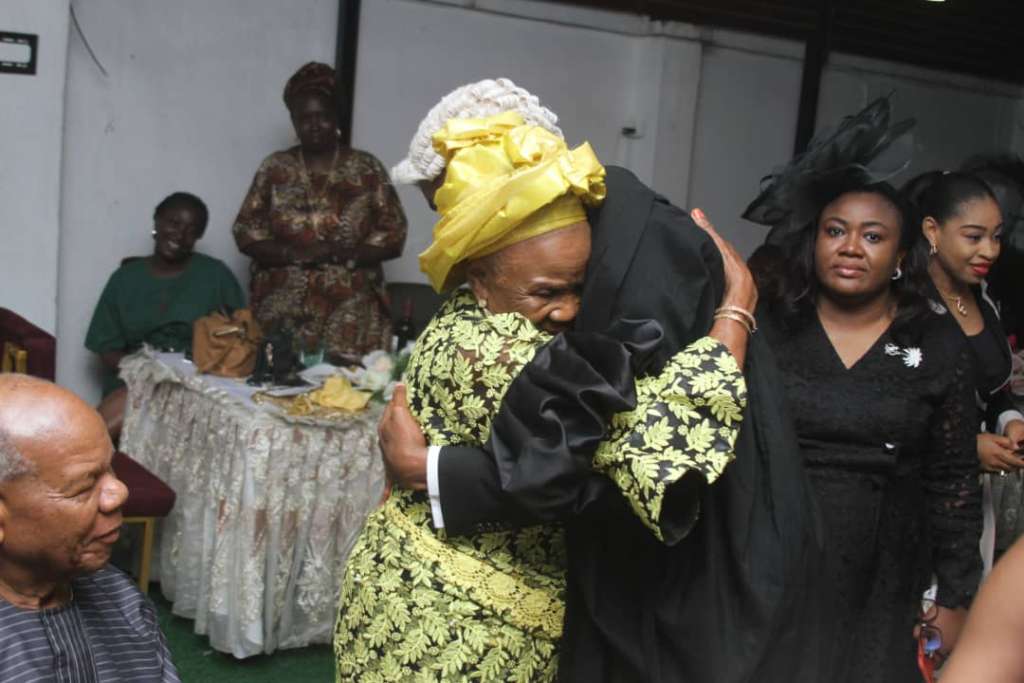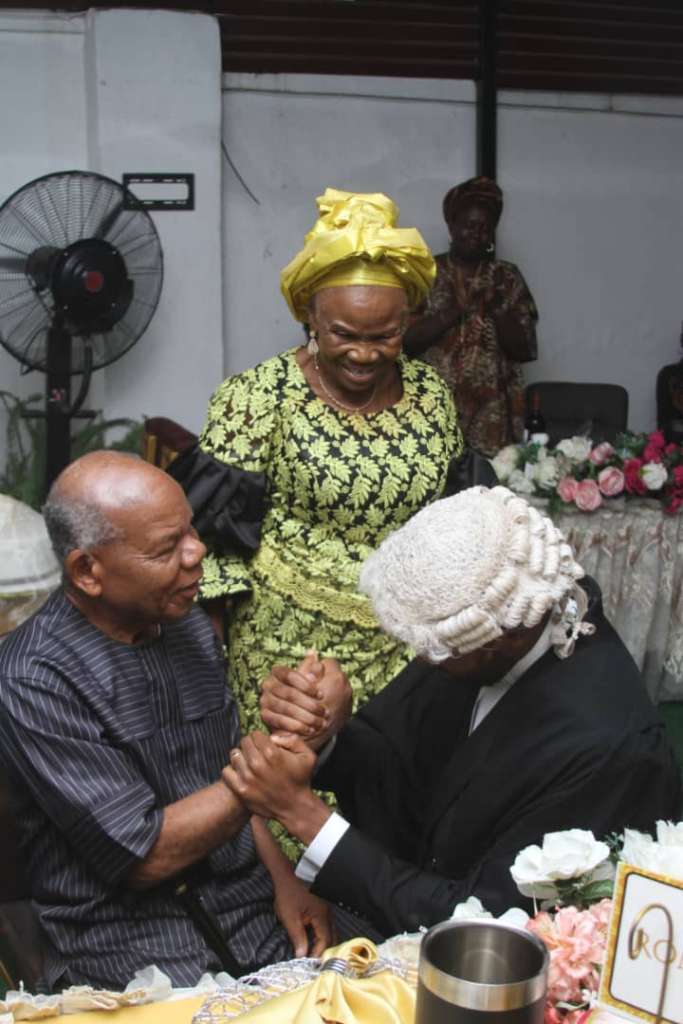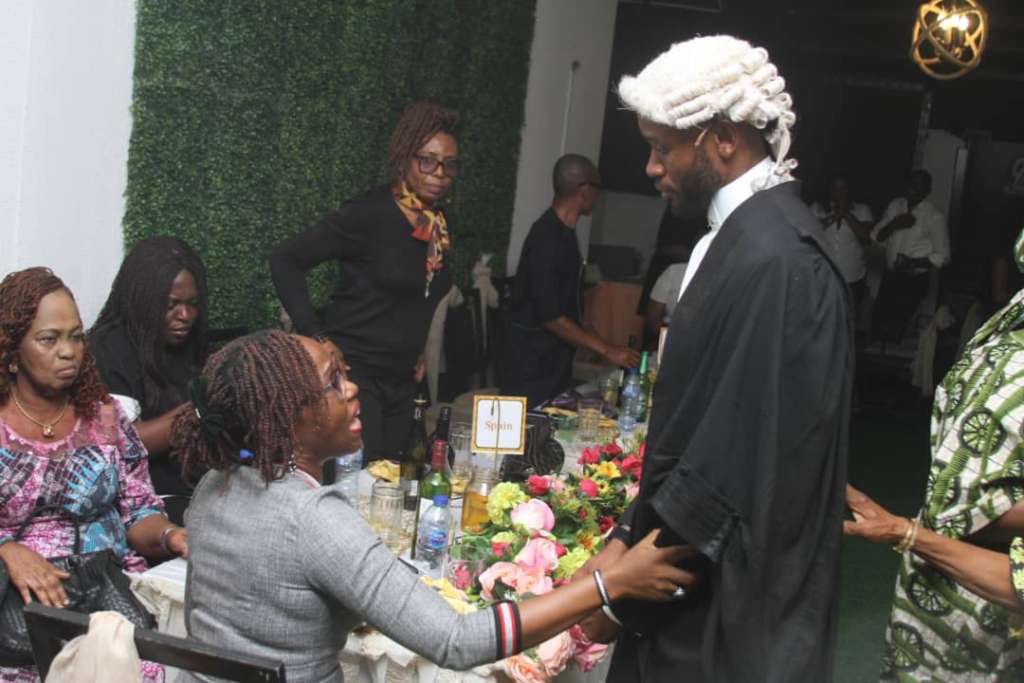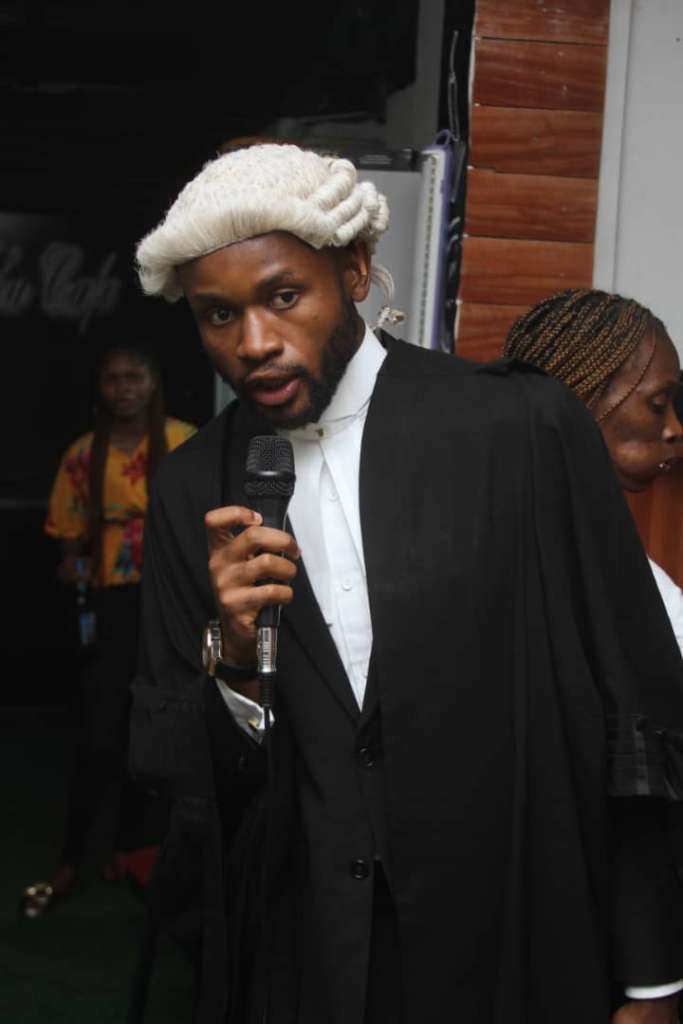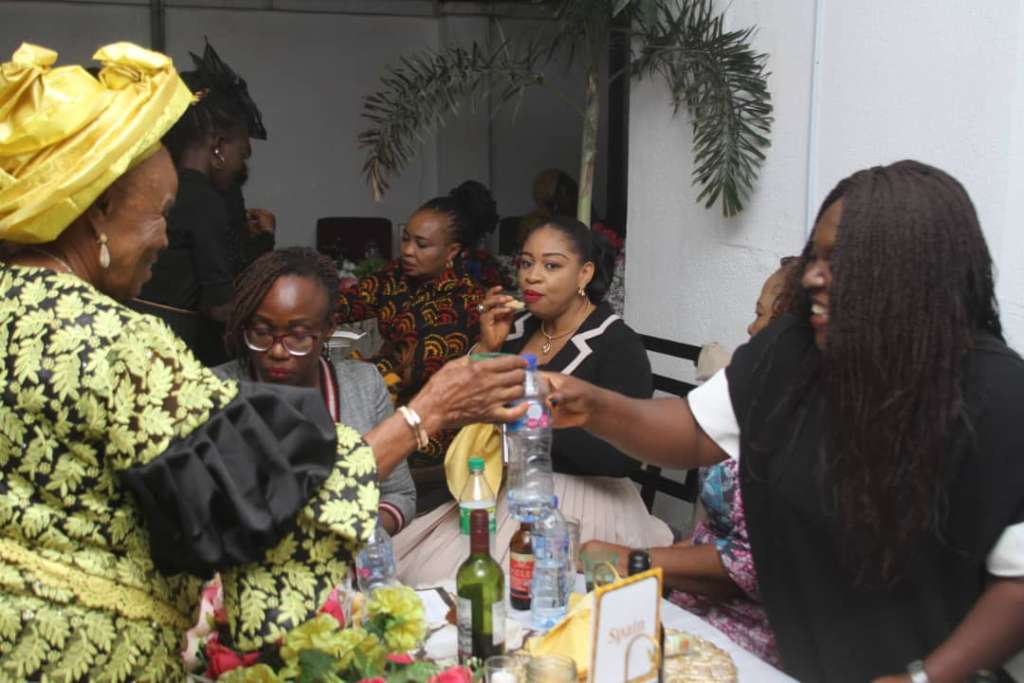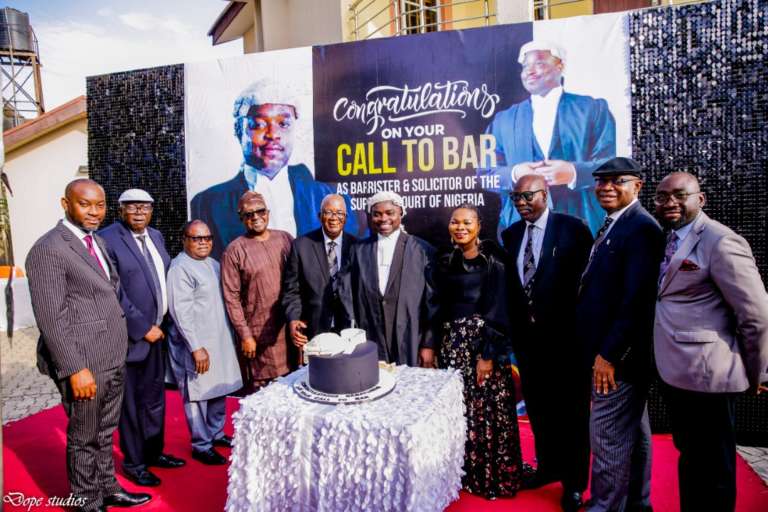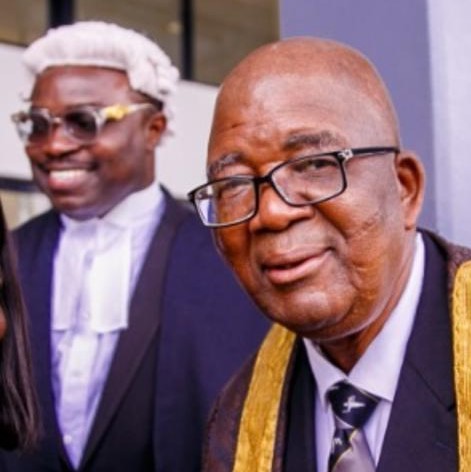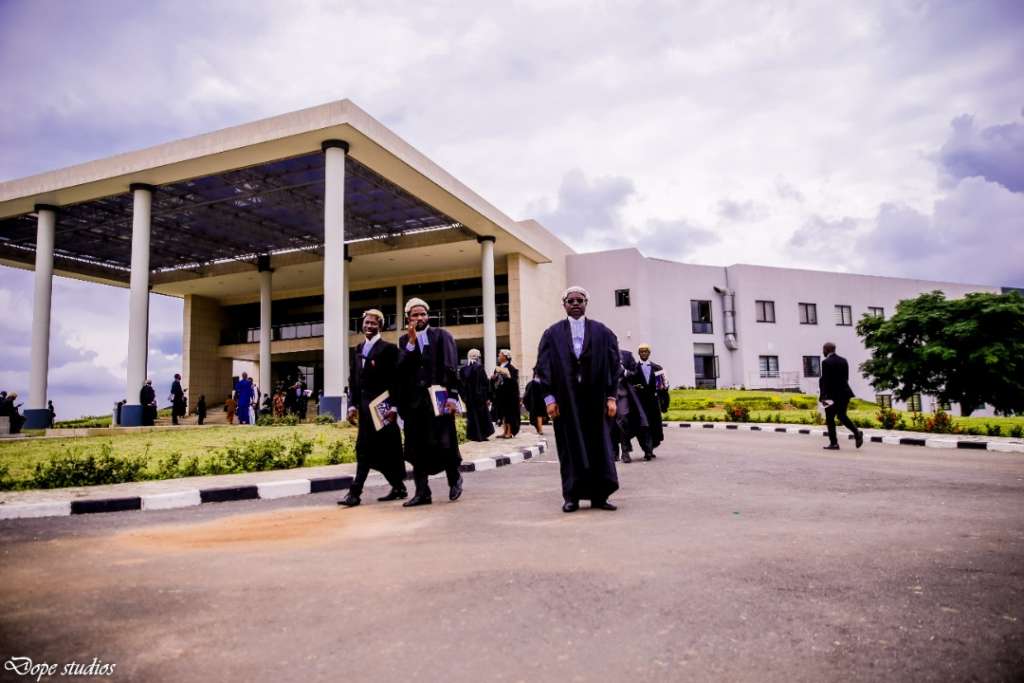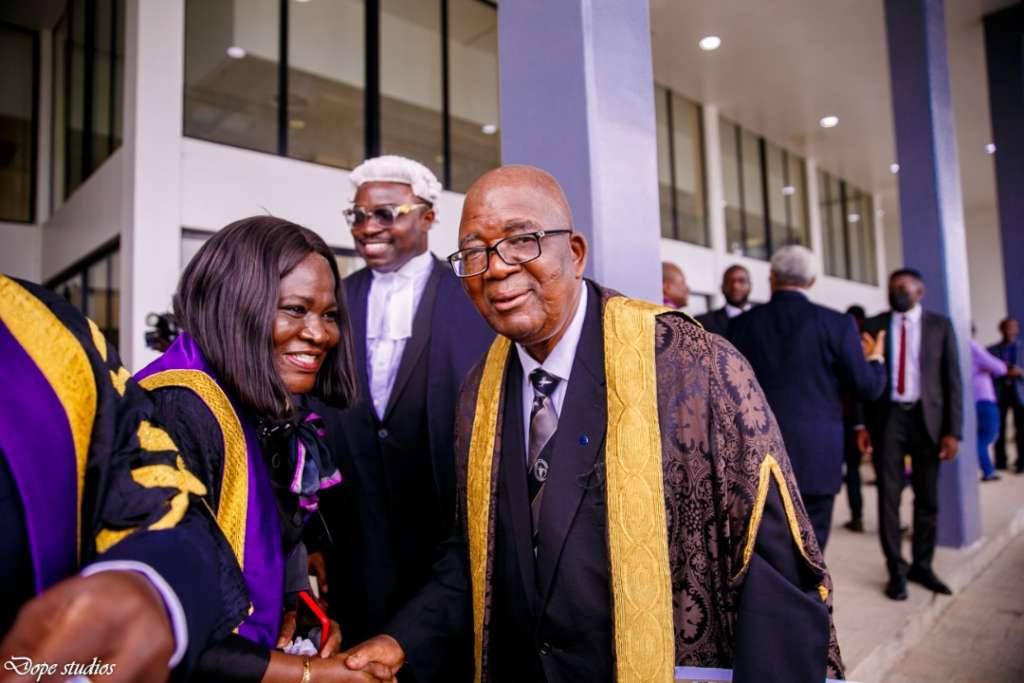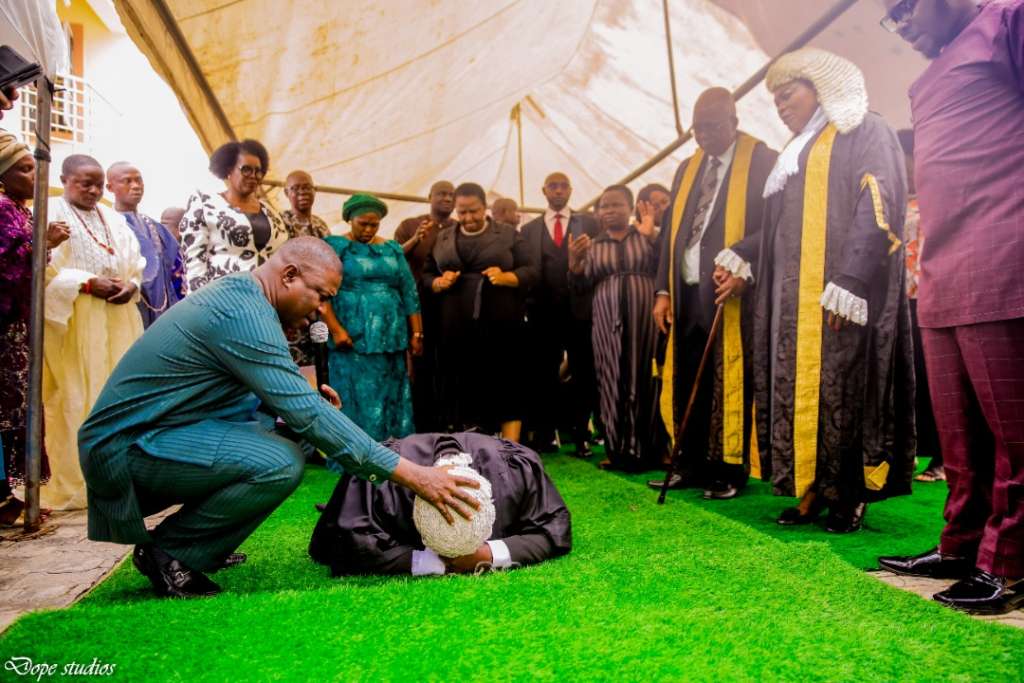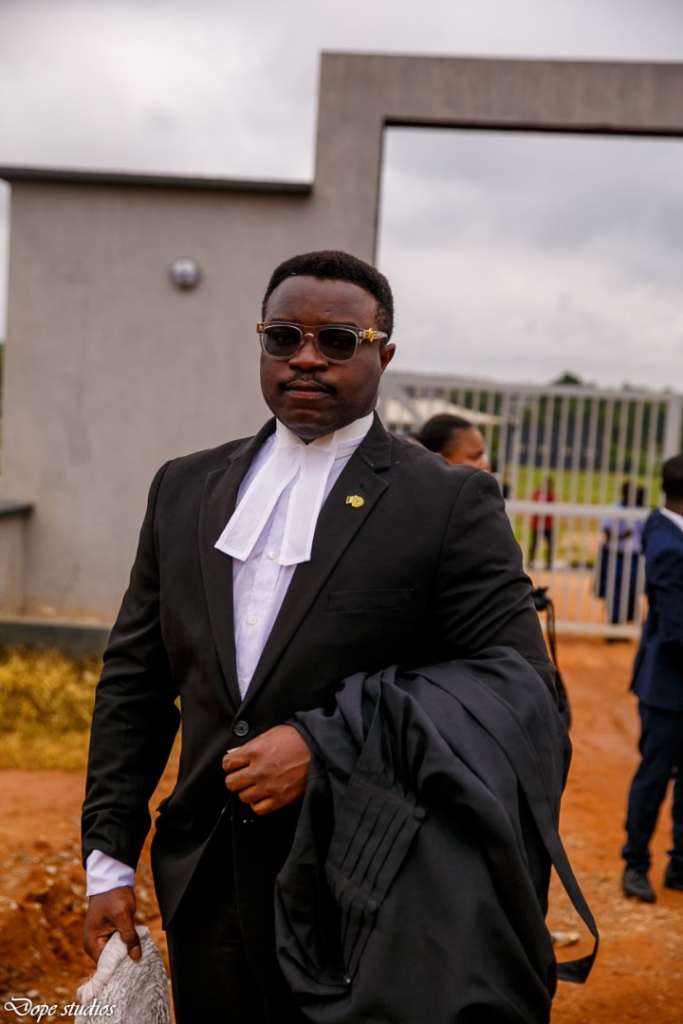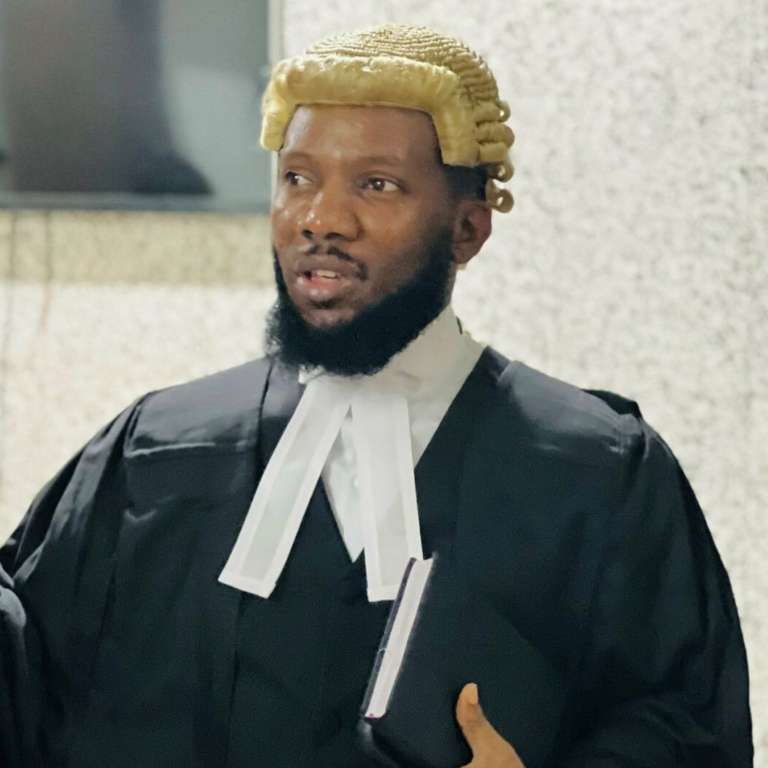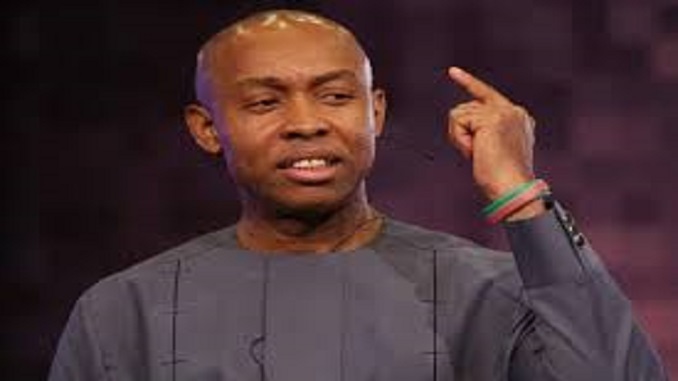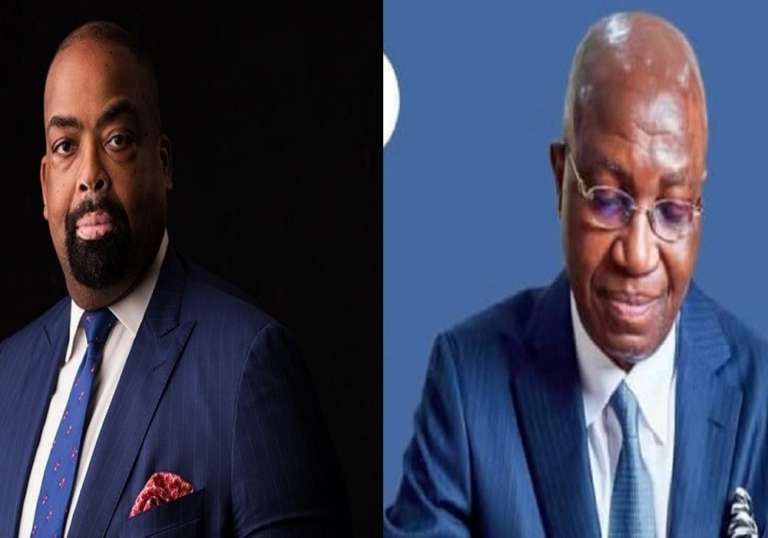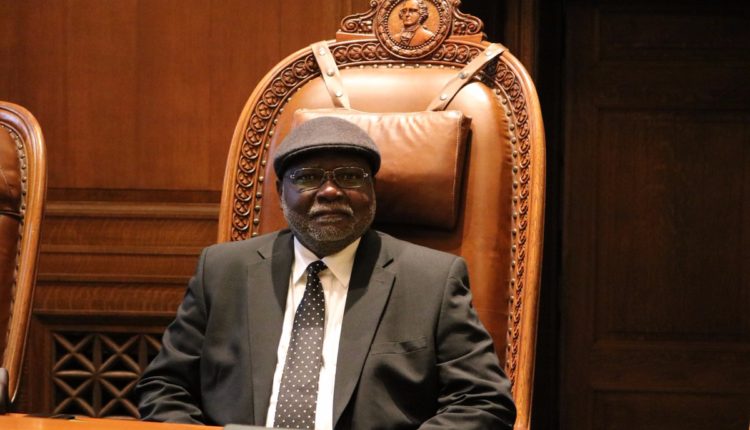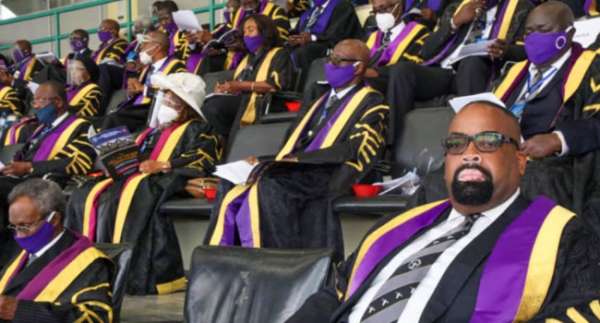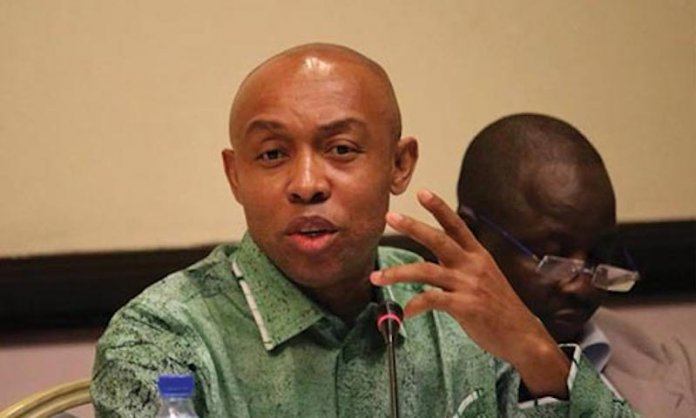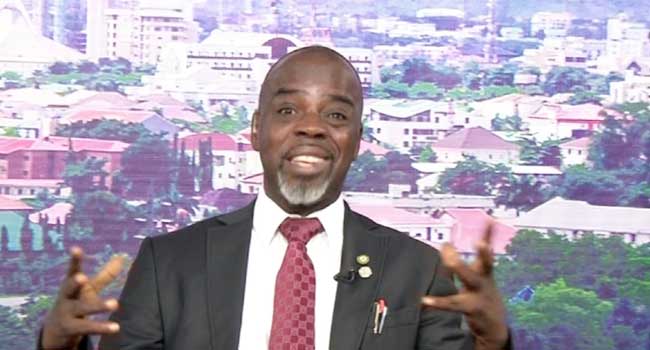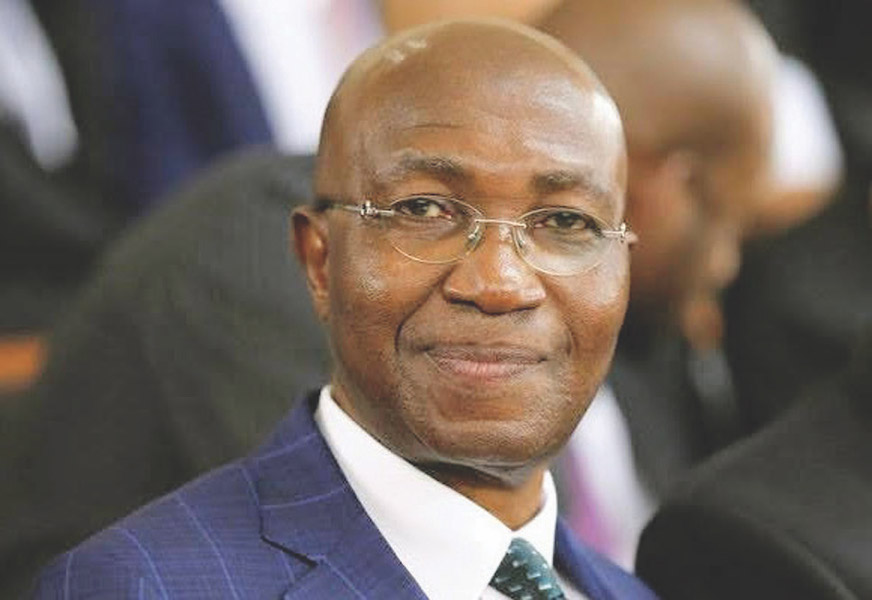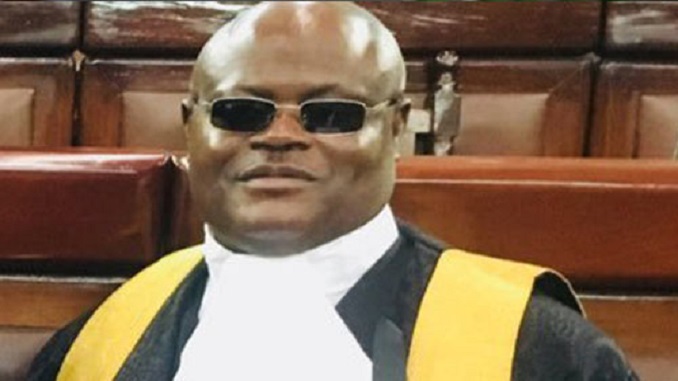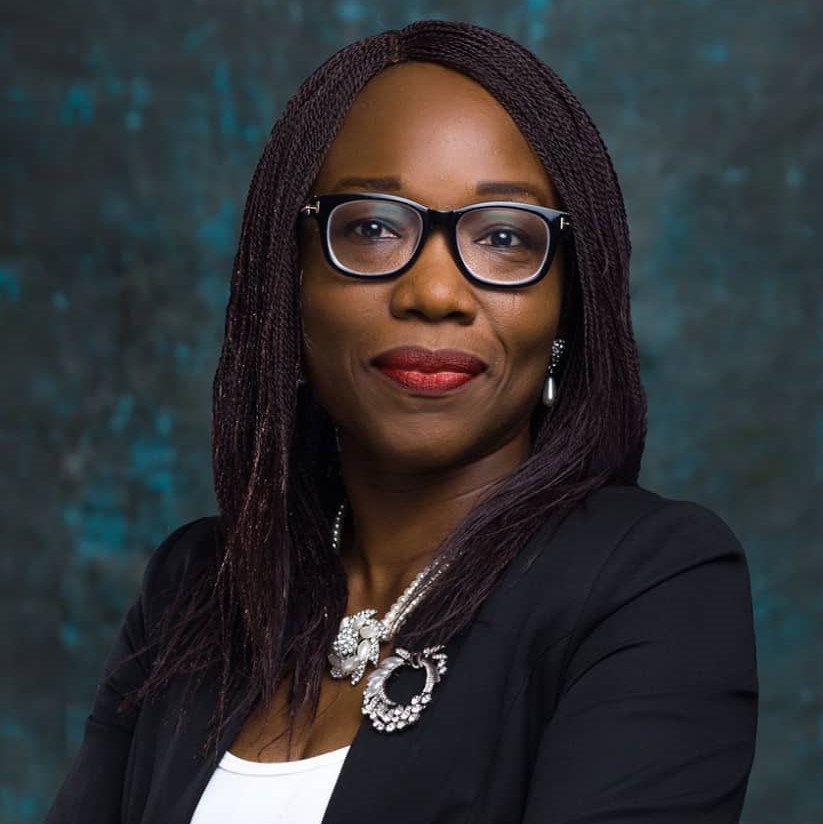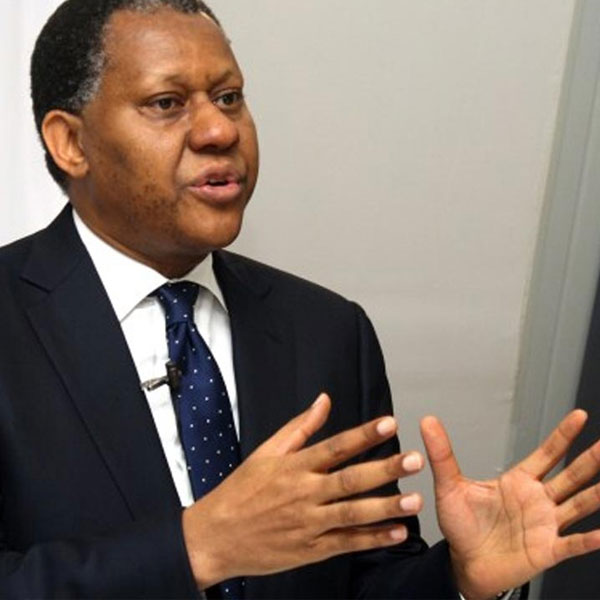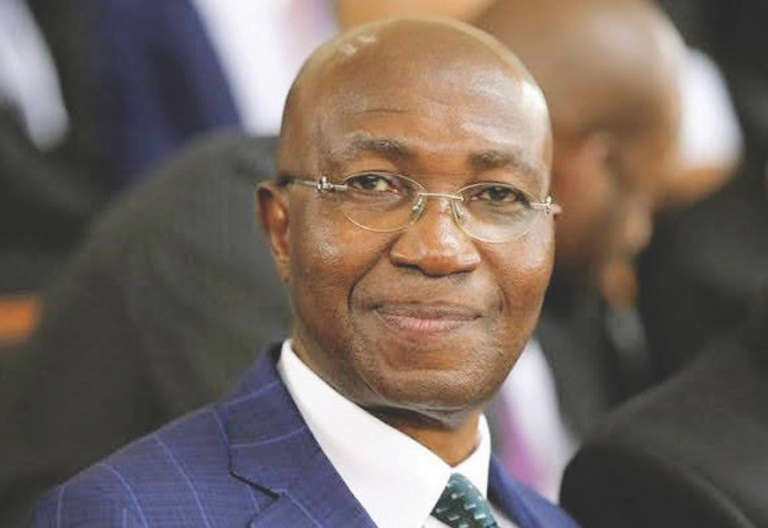By Ebun-Olu Adegboruwa, SAN
Under and by virtue of section 2 (1) of the Constitution of the Federal Republic of Nigeria, 1999 (as amended), ‘Nigeria shall be one indivisible and indissoluble Sovereign State to be known by the name of the Federal Republic of Nigeria’. By section 2 (2) thereof, ‘Nigeria shall be a Federation consisting of States and a Federal Capital Territory’. The concept of a Federation is the coming together of several units to form a common government to actualize certain common purposes. The diversities are harnessed in such a way as to achieve equity, fairness and unity. In a Federation, certain limited resources are pulled together with a defined arrangement which outlines ownership and control thereof. Nigeria’s claim to a federal system of government has been roundly defeated by the antics of successive military regimes, most oftentime executing an agenda that seems always to tilt in favour of some segments of the Federation. Under the military regimes, there is centralization, resulting from its normal chain of command. Properly speaking therefore, one may not be totally wrong to say that the Federal Republic of Nigeria commenced its operation on May 29, 1999, when the military yielded power to its civilian counterpart.
Arising from the report of Sir Henry Willink Commission, it became necessary to address the fears of the minorities by inserting certain provisions in the Constitution in order to achieve national integration and cohesion. There was a need for some kind of protection from the dominance of the majority ethnic groups who were always sure of victory at any given election because of their numbers. Accordingly, section 14 (3) provides that ‘the composition of the Government of the Federation or any of its agencies and the conduct of its affairs shall be carried out in such a manner as to reflect the federal character of Nigeria and the need to promote national unity, and also to command national loyalty, thereby ensuring that there shall be no predominance of persons from a few States or from a few ethnic or other sectional groups in that Government or in any of its agencies.’ This is simple enough, for any one who truly desires to practice equity and justice in running the Federation. The Constitution has imposed a prohibition against tribalism, ethnicity, bigotry and clannishness of any form whatsoever, but our leaders have not ceased to deploy these as weapons of division, selfishly to their own political advantage. So the questions to answer in this regard are legion: why should only one ethnic group rule over the Federal Capital Territory? Why should one section of Nigeria dominate the security agencies and institutions? How come the major revenue agencies and parastatals are under the firm grip of one particual ethnic group; Nigeria Customs Service, Nigerian Ports Authority, Federal Inland Revenue Service, Nigerian National Petroleum Company Limited, Etc. In section 15 (2) of the Constitution, it is stated clearly that ‘natioal integration shall be actively encouraged, whilst discrimination on the grounds of place of origin, sex, religion, status, ethnic or linguistic association or ties shall be prohibited’. How else do we desire to outlaw tribalism and nepotism, when the Constitution itself has expressly prohibited it?
The Federal Character Commission was established by law in December, 1995, with responsibility to promote, monitor and enforce compliance with the principles of the proportional sharing of all bureaucratic, economic, media and political posts at all levels of government.
The Functions of the Commission are listed in section 4 of the Federal Character Commission (Establishment, Etc) Act as follows:
(1) The functions of the Commission shall be‐
(a) to work out an equitable formula, subject to the approval of the President, for the distribution of all cadres of posts in the civil and the public services of the Federation and of the States, the armed forces, the Nigeria Police Force and other security agencies, bodies corporate owned by the Federal or a State Government and Extra‐ Ministerial Departments and parastatals of the Federation and States;
(b) to promote, monitor and enforce compliance with the principles of proportional sharing of all bureaucratic, economic, media and political posts at all levels of government;
(c) to take such legal measures including the prosecution of the heads or staff of any Ministry, Extra‐ Ministerial Department or agency which fails to comply with any federal character principle or formula prescribed or adopted by the Commission;
(d) to work out‐ (i) an equitable formula, subject to the approval of the President, for distribution of socio‐economic services, amenities and infrastructural facilities; (ii) modalities and schemes, subject to the approval of the President, for redressing the problems of imbalances and reducing the fear of relative deprivation and marginalisation in the Nigerian system of federalism as it obtains in the public and private sectors;
(e) to intervene in the operation of any agency of the Federal Government, subject to the approval of the President, where in the opinion of the Commission the function of the agency concerned is relevant to the functions of the Commission and the Commission is of the opinion that it is not being effectively implemented;
(f) to advise the Federal, State, and local governments to intervene and influence providers of services, goods and socio‐economic amenities to extend such services, goods and socio‐economic amenities to deprived areas of the country;
(g) to ensure that all Ministries and Extra‐Ministerial Departments, agencies and other bodies affected by this Act have a clear criteria indicating conditions to be fulfilled and comprehensive guidelines on the procedure for‐ (i) determining eligibility and the procedure for employment in the public and private sectors of the economy; (ii) the provision of social services, goods and socio‐economic amenities in Nigeria;
(h) to ensure that public officers shall, in the performance of their functions, adhere strictly to rules and regulations made pursuant to this Act;
(i) to advise the Federal Government of Nigeria on the structure and rationalisation of any Ministry, Extra‐ Ministerial Department or agency; and
(j) to carry out such other functions as the President shall, from time to time, assign to it. (2) For the avoidance of doubt‐ (a) the posts mentioned in paragraphs (a) and (b) of subsection (1) of this section shall include those of the Permanent Secretary in the Civil Service of the Federation or the State Civil Service, Directors‐General in Extra‐ Ministerial Departments and Parastatals, Directors in Ministries and Extra‐Ministerial Departments, Senior Military Officers, Senior Diplomatic Posts, Managerial Cadres in the Federal and State Parastatals, bodies corporate, Agencies and Institutions; and (b) socio‐economic services, amenities and facilities mentioned in paragraph (d) of subsection (1) of this section include those in the sectors of education, electricity, health, commerce and industry, telecommunications, transport and youth development.
(3) Any person who fails to comply with the guidelines issued under paragraph (h) of subsection (1) of this section is guilty of an offence under this Act and liable to penalties specified in section 15 (1) of this Act.
(4) Notwithstanding any provision in any other law or enactment, the Commission shall ensure that every public company or corporation reflects the federal character in the appointments of its directors and senior management staff.
When section 4 above is combined with section 14(3) of the Constitution, the irresistible conclusion would be that Nigeria can never be plagued with issues of tribalism and nepotism, but that is exactly the situation with our dear country, today. If you take a roll call of most federal agencies, institutions and parastatals, there is a dominance of a particular ethnic group to which President Muhammadu Buhari belongs. When you walk into any office of the Economic and Financial Crimes Commision for instance, your immediate realization is that of an environment dominated by the Hausa/Fulani workmen. It is also possible that this is the case with other tribes or ethnic groups in other establishments but the Buhari government has been very notorious in populating people of his ethnic group in very strategic positions of authority.
Recently, the main revenue agency of the government was said to have been privatized following the passage of the Petroleum Industry Bill. Let us take a look into the management staff of the Nigerian National Petroleum Company Limited. I got a post that circulated over the social media last week and it is very scary indeed. I waited for it to be denied but that has not happened so far so it may be safe to consider the contents as true.
“A review of the top 20 executive positions in NNPC Ltd reads like a Northern Nigeria Petroleum Company.
1. Mele Kyari (GMD), 2. Umar Ajiya (Chief Finance Officer/Finance and Accounts), 3. Yusuf Usman (Chief Operating Officer), 4. Farouk Garba Sa’id (Chief Operating Officer, Corporate Services), 5. Mustapha Yakubu (Chief Operating Officer, Refining and Petrochemicals), 6. Hadiza Coomassie (Corporate Secretary/Legal Adviser to the Corporation), 7. Omar Ibrahim (Group General Manager, International Energy Relations), 8. Kallamu Abdullahi (GGM Renewable Energy), 9. Ibrahim Birma (GGM Governance Risk and Compliance), 10. Bala Wunti (GGM NAPIMS), 11. Inuwa Waya (MD NNPC Shipping), 12. Musa Lawan (MD Pipelines and Product Marketing), 13. Mansur Sambo (MD Nigeria Petroleum Development Company), 14. Lawal Sade (MD Duke Oil/NNPC Trading Company), 15. Malami Shehu (MD Port Harcourt Refining Company), 16. Muhammed Abah (MD Warri Refining and Petrochemical Company), 17. Abdulkadir Ahmed (MD Nigeria Gas Marketing Company), 18. Salihu Jamari (MD Nigeria Gas and Power Investment Company Limited), 19. Mohammed Zango (MD NNPC Medical Services), 20. Sarki Auwalu (Director, Department of Petroleum Resources).
Only three top positions were allotted to the entire Southern Nigeria. What happened to the federal character? What’s the job of the Federal Character Commission? Do we have a National Assembly? What is wrong with the members of the National Assembly? Where’s the Senate oversight committee on NNPC? Where are the activists?”
This anomaly is not limited to NNPC Ltd of course. Most other revenue agencies of government are similarly filled with the President’s people. Nigerian Ports Authority, Nigerian Customs Service, Federal Inland Revenue Service, the Ministry of Finance and practically all finance-related entities are manned and controlled by the same forces. This cannot encourage unity in any way at all. As things stand presently, there is nothing federal about the character of Nigeria and unless something is done urgently to address this lopsidedness, the burble may just burst. Let the National Assembly Committees supervising the Federal Character Commission sit up to perform its oversight functions, to audit all agencies and parastatals of government to ensure compliance with all relevant laws. The character of the President has been anything but federal.
Life without Christ is Crisis

